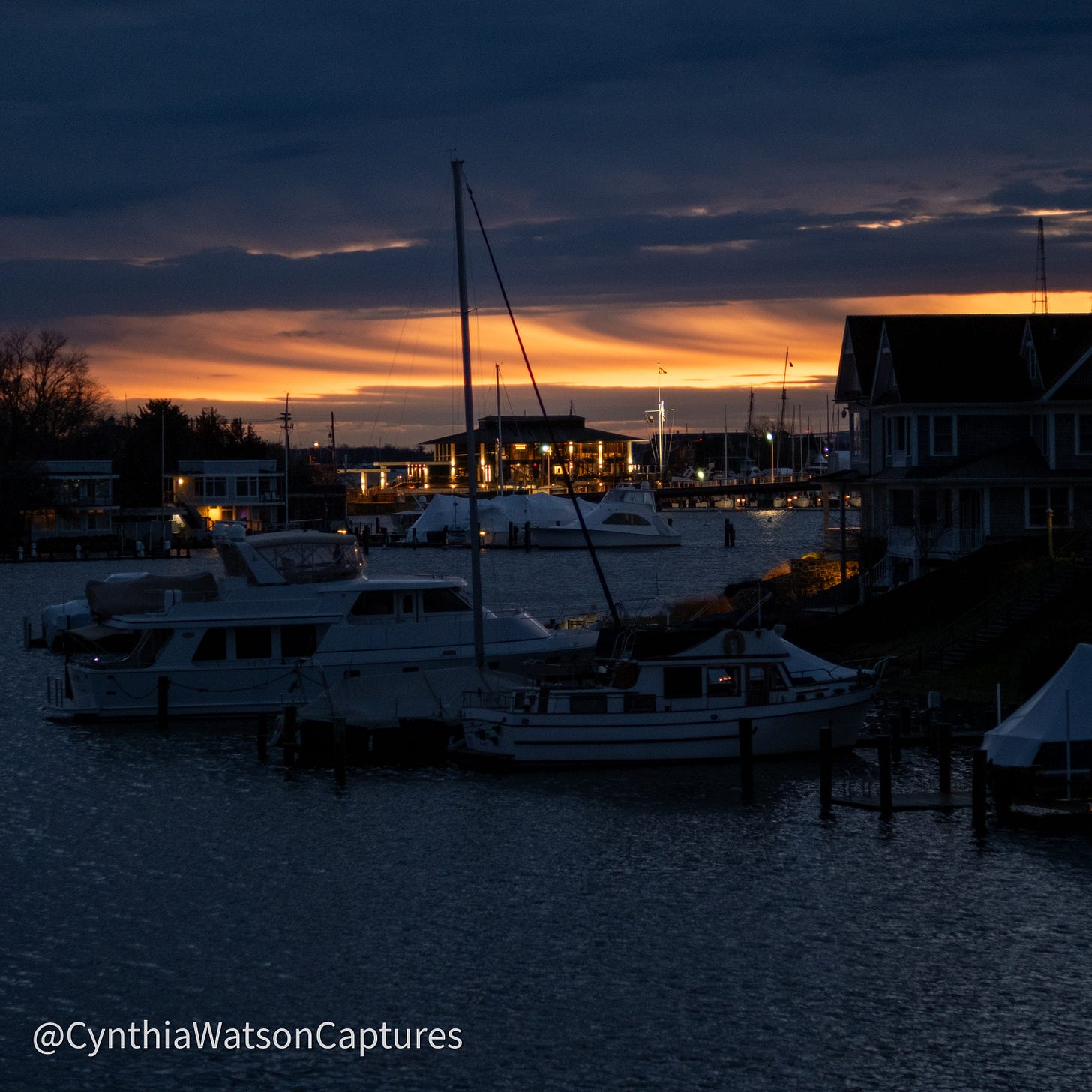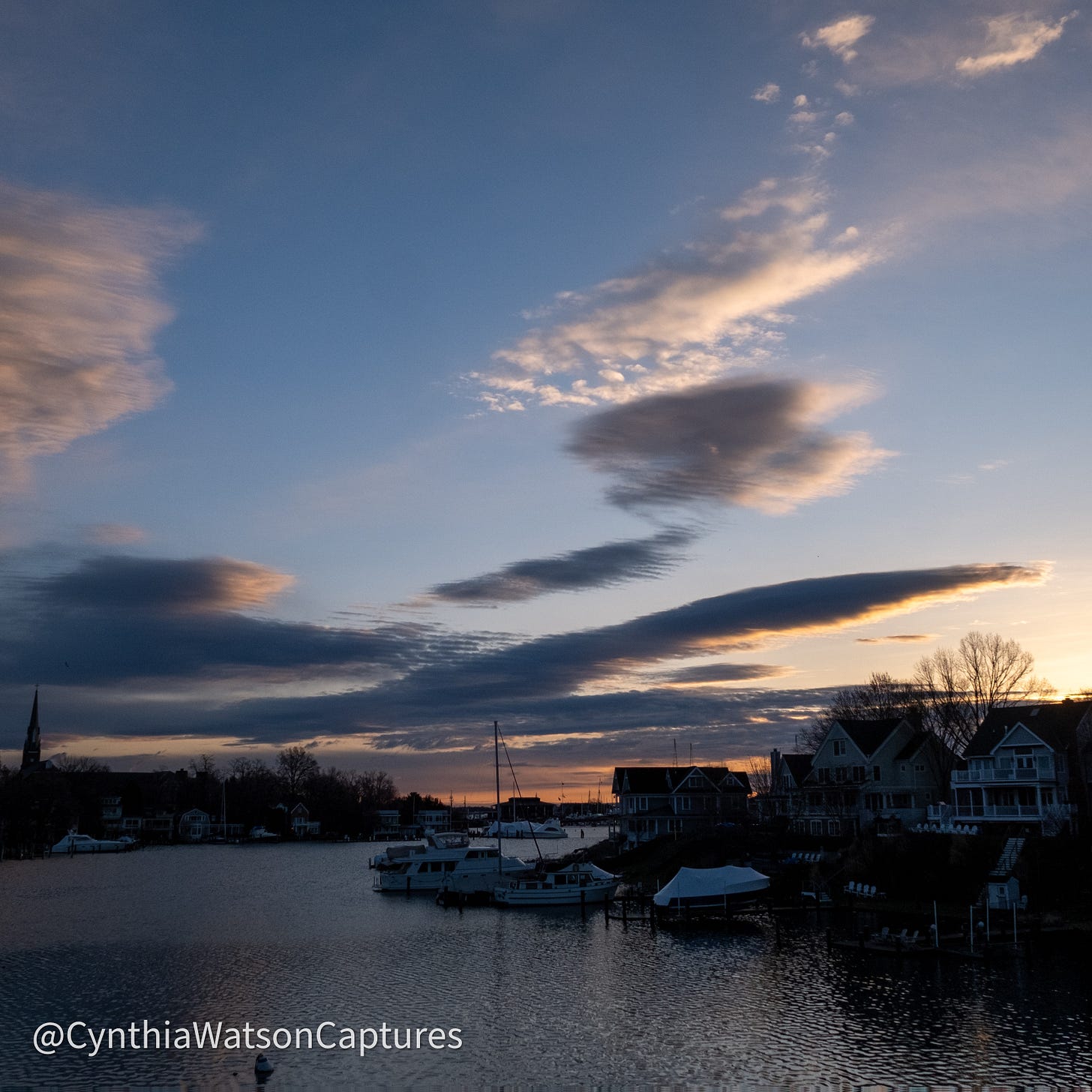I must have shot three dozen photographs as the sun rose this morning in the Chesapeake region. It was magnificent
.
I half watched a preseason baseball game between the Red Sox and the Tampa Bay Rays this afternoon broadcast from the Dominican Republic. Notable to me was that the announcers highlighted this was the first series played in this Caribbean nation.
Seriously? SERIOUSLY?
Baseball players from the DR, as most people call this Spanish-speaking nation sharing the eastern half of the island of Hispanola with the troubled Haiti, abound in the major leagues. The wikipedia page labeled ‘List of Major League Baseball Players form the Dominican Republic’ enumerates a long list of famous and not-so-famous pitchers, outfielders, short stops, and guys who occupy the nine positions on each team. Indeed, the page notes that DR was the birth place for the second highest number of players from any nation behind the United States. We may hear about venezolanos escaping the ridiculous policies of Caracas under Maduro or the nicaragüenses who moved up from Central America but the pervasive adoration for beisból in Santo Domingo and environs is deep. And they play excellent ball.
I confess I don’t follow baseball as closely as I did in junior high school when I went to bed every night listening to games on the radio. Too many other things going on, too many strikes over the years, and too many photographs occupy my time even in retirement. But, the MLB could be an instrument of advancing our interests by showcasing something we share with youth around the globe.
I am troubled and surprised it took until 2024 to hold ball games in the DR because we vastly under appreciate how successful this American export is in the parts of the world where we worry about our power. Baseball is second to fútbol (or soccer as we stubbornly refer to it) in the circum-Caribbean. It’s easy to set up a field with four bases and a ‘mound’ in a vacant lot. Acquiring a bat is pretty straight forward as well. Becoming a decent pitcher is certainly a possibility when one dives into the game full force whether at private school with organised sport options or in public education where teachers struggles to engage students who question whether formal schooling really adds to their options for the future. Baseball is a widespread passion igniting a dream in the DR or Busan as it is in Boise or Fuquay-Varina.
We know that MLB players came here from the DR, from Cuba, from Latin America in general. Do we ever think about interest beyond that area we unfortunately call ‘our backyard’?
The most passionate baseball in the world is in Asia. Taiwan, a nation we never colonised nor occupied, is a huge market for baseball. Teams throughout the country embrace the baseball vibe, the team efforts, and deliberate understanding of ties binding the island’s young players to their counterparts in America. It’s a relatively small connection but one strongly linking youngsters with hopes and dreams, not inconsequential thoughts that Americans can understand about youths in Kaoshiung or Tainan or Keelung City. Baseball is also important throughout South Korea, evidence of decades of Americans stationed throughout that country.
Japan, in my book, wins the crown for loving baseball, not merely because Shotei Otani originated there. The full throttle involvement by the crowds under the leadership of cheerleaders and the energy in the stadia is astonishing. I understand that American fans become blasé over fully half a year as their teams play a hundred and sixty-two game schedule before the byzantine ‘play off’ ritual to ascend to the World Series but the last word to describe anything about baseball in Japan is blasé. This is unbridled passion, much like the adoration there for that other white ball—golf. If one has never attended a baseball game in Japan but have the chance, definitely go. You will revel in the energy and sheer joy.
Japan gets its own region for teams participating in the Little World Series as further evidence. In 2023, the Japan region did not win all of its games but it is a source of national pride in its connection to the Williamsport extravaganza. It may not surprise us that Cuba, Latin America, and Europe have their own regions, but Japan and the remainder of the Asia Pacific illustrate why soft power of sport leaves a decided mark on youth in countries we call allies and partners around the world. Japan’s distance, along with Australia’s or Korea’s or the Philippines’, show the dedication and passion this sport instills in these youngsters and their families.
Can you tell me a Chinese or Russian sport that Americans seek to play? No, ice hockey is not exclusively Russian so that doesn’t count, even if Alex Ovechkin came out of Russia.
Baseball won’t solve the problems of illegal immigration or disagreements with China over the status of Taiwan. But, baseball provides a bonding with these peoples that humanise their struggles for Americans. Have we thought of showcasing it in Jakarta or Kuala Lumpur? How about an annual event orchestrated around Singapore? Let me be radical to ask about exporting baseball to China as the Chinese lured us in 1971 with ‘badmitton’ which opened the door to Nixon’s visit the year later. Of course the relationship is different now but we are foolish to leave any instruments unused across the region. The shared baseball experience allows someone watching games to suspend consideration of other topics to watch the progress of the game, to develop preferences of players by name from other parts of the world, to see that shared enthusiasm humanises people in multiple nations.
Expanding baseball games into other parts of the world is one of the easiest uses of soft power. Sure, time is a deterrent towards holding games in Brisbane or Olongapo City but the time involved in establishing a pattern of games in these other areas would be time well spent by Major League Baseball and by U.S. cultural advocates within the Department of State. Baseball is not, repeat not a substitute for serious diplomacy but when leveraged effectively and deliberately, it could become a draw for young in a place like China. Or, perhaps, in some of those countries where our presence for youth seems only to be sporadic military visits. Baseball games could provide opportunities for good will in locations where any improvement is a step forward in bilateral relations with us.
Major League Baseball gets great exposure by holding games in Santo Domingo but they could also help raise positive visibility if they held exhibition games in states currently underrepresented in the sport. It’s a relatively small investment in baseball’s time with possible advancements for several aspects of the United States. It’s worth a try, isn’t it?
I am looking for actions which create consequences, positive as well as negative. Your thoughts are welcomed. I appreciate your time and support as well.
‘List of Major League Baseball players from the Dominican Republic’, wikipedia.com, 10 March 2024, retrieved at https://en.wikipedia.org/wiki/List_of_Major_League_Baseball_players_from_the_Dominican_Republic





